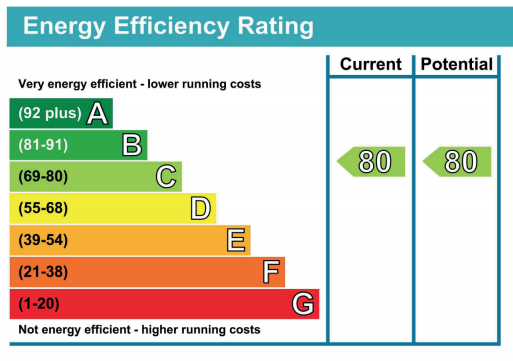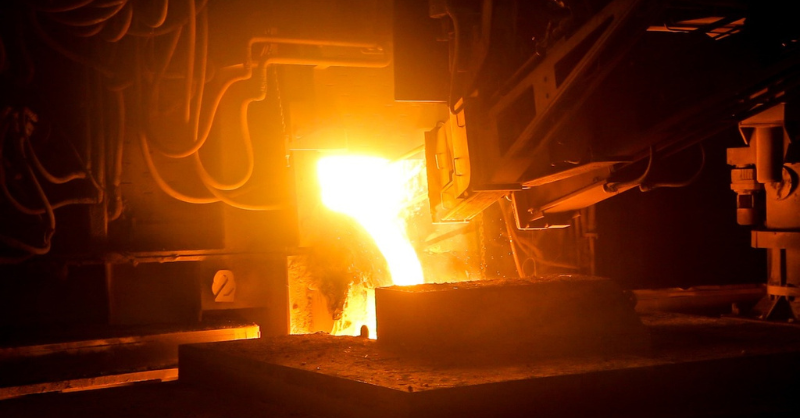
Energy efficiency is the first step
The cheapest and greenest energy is the energy we don't use. Calls for a national 'war effort' on energy efficiency.
Summary: The UK government missed a “crucial window of opportunity” to boost energy efficiency and reduce emissions last summer, according to a report from the parliamentary environmental audit committee (EAC). The call for a national “war effort” on energy efficiency was made in the wake of the energy bills crisis triggered by Russia’s invasion of Ukraine and political upheaval in the UK between July and October 2022. The EAC called for the introduction of onshore windfarms, the installation of solar panels on new buildings, and the end of oil and gas field licensing, in order to cut energy bills and increase security of supply.
Why this is important: The cheapest and greenest energy is the energy we don't use.
The big theme: The built environment, encompassing residential and commercial buildings, communal areas such as parks, and supporting infrastructure such as energy networks, mobility, and water supply, is an important sustainability theme that shouldn't be taken for granted. It is an integral part of societal existence and a major decarbonisation (40% of energy-related GHG emissions) and resource consumption problem (40% of global raw materials) that needs investor, government, business and consumer attention. It can have significant impacts on our health, well-being and equity & inclusion, notably as climate change and climate-induced migration is steadily and significantly increasing the number of people exposed to extreme weather, including heat stress.

The details
Summary of a story from The Guardian
A report from the Environmental Audit Committee (EAC) concluded that the government has missed a "crucial window of opportunity" last summer to cut energy usage, through efficiency gains and ultimately reduce energy bills. This prompted calls from a cross-party committee of MPs for a "war effort" on energy efficiency to drive that reduction and in addition build energy security and reduce climate-heating emissions. They also highlighted that the government's current energy strategy was only focused on supply and whilst there had been a 'promise' of £6 billion in future efficiency funding, some of the windfall tax on energy companies' profits should be used to bring that forward.

